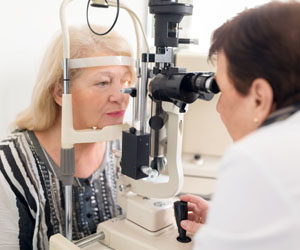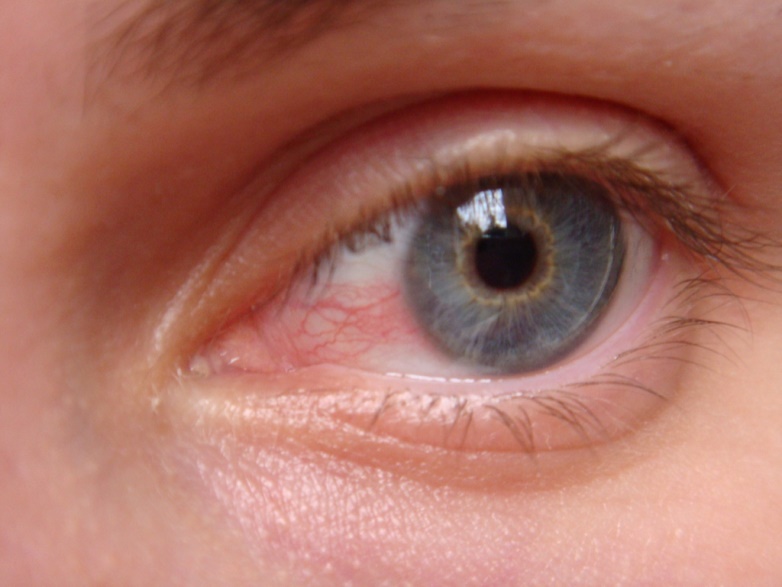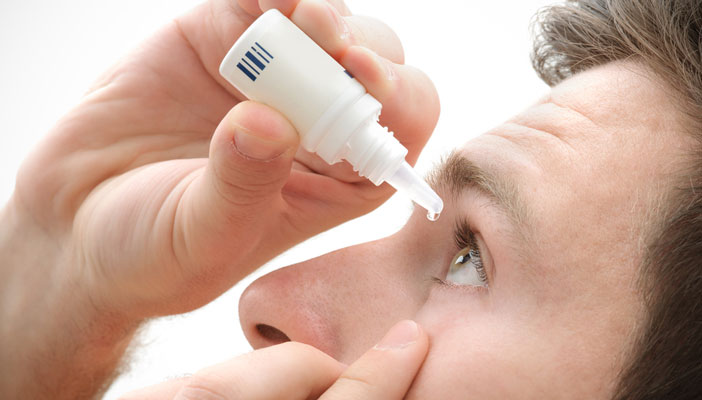Guess What Can Reverse (or Minimize) Dry Eye!

A few weeks ago I had my eyes examined and in the process was told I have dry eye disease. Ah, that would explain the constant itchy eyes.
Turns out, this is one of the most common eye disorders. In fact, I’m betting that more than a few of our Cook’n readers struggle with this as well. Or if you aren’t dealing with it, I’ll bet you know someone who is.

It typically causes irritation and can decrease functional vision, sometimes causing a dramatic deterioration in the quality of life. About five million Americans over age 50 suffer from moderate-to-severe dry eyes, and tens of millions more have mild or episodic manifestations of the disease, at a cost of more than $50 billion.
Why such a prevalent malady? Well, a number of things cause it: There’s a long list of drugs that can cause it, including antihistamines, decongestants, nearly all the antidepressants, anticonvulsants, antipsychotics, anti-Parkinson’s drugs, beta-blockers, and hormone replacement therapy, as well as a few herbal preparations. Vitamin A deficiency is another culprit.

In terms of treatment, it’s typical for folks to turn to eye drops and drugs. We spend hundreds of millions of dollars on things like artificial tears, but currently there is no therapy available to actually fix the problem. If drugs don’t work, doctors can try plugging up the outflow tear ducts, but that can cause complications, such as plugs migrating and eroding into the face, requiring surgical removal. Alternatively, surgeons can just cauterize or stitch up the ducts in the first place.
There has to be a better way. You have to wonder if it’s possible to prevent it. And along with that question, here’s another: Since so many of us already have it, can natural remedies help the condition in any way?

Yes. Research shows that a plant-based diet may actually be the best thing for patients with dry eye disease, those who wear contact lenses, and those who wish to maximize their tear secretions. In fact a plant-based diet has actually been shown to reverse it. In a nutshell, people with dry eyes should be advised to lower protein, total fat, and cholesterol intake, and do the following:
increase complex carbohydrates (black beans, 100% whole grain bread, oatmeal, kamut, barley, quinoa, acorn squash, and green peas, to mention just a few);
increase vitamin A content (by eating red, orange, yellow, and dark green leafy vegetables);
increase zinc and folate intake (by eating whole grains, beans, and raw vegetables, especially spinach);
ensure sufficient vitamin B6 and potassium intake (by eating nuts—especially walnuts, bananas, and beans);
ensure sufficient vitamin C intake (by eating citrus);
eliminate alcohol and caffeine;
consume six to eight glasses of water per day; and
reduce sugar and salt intake.

A plant-based diet is the answer to so many modern-day ailments, so it’s no surprise dry eye would be helped by it as well. My big hang-up, though, is the “reducing sugar intake” piece. So this leads me to conclude with a question: Is there anyone out there who can give me some truly effective advice on how to kick this habit? My eyesight could well be at stake!
Meanwhile, as I’m waiting for your responses, I think I’ll go eat an orange and a handful of walnuts (and hope this sugar craving goes away).
- www.amerilife.com
- www.savingadvice.com
- www.rnib.org.uk
- www.safebee.com
- www.huffingtonpost.com
 Alice Osborne
Alice Osborne
Weekly Newsletter Contributor since 2006
Email the author! alice@dvo.com
